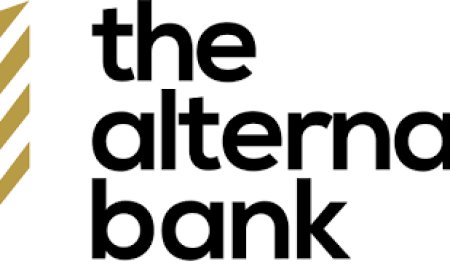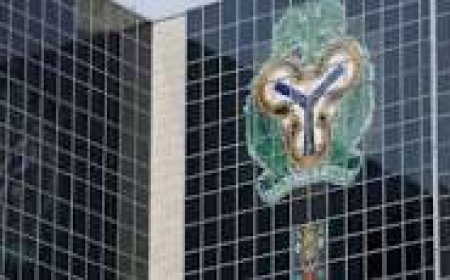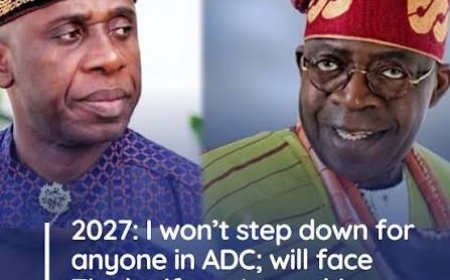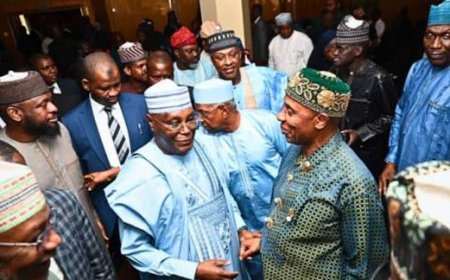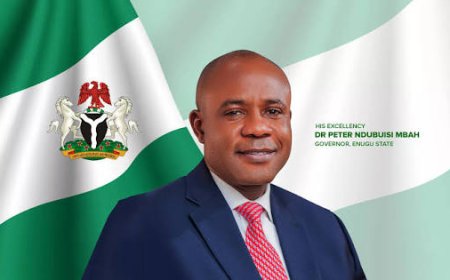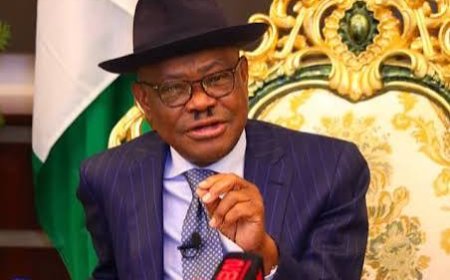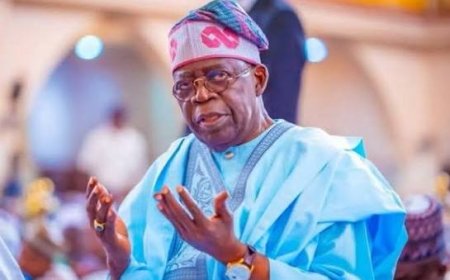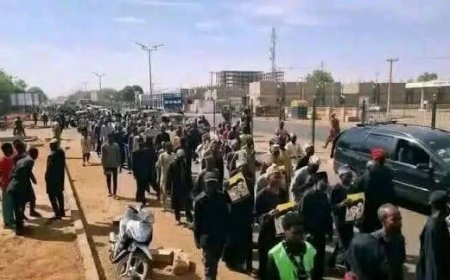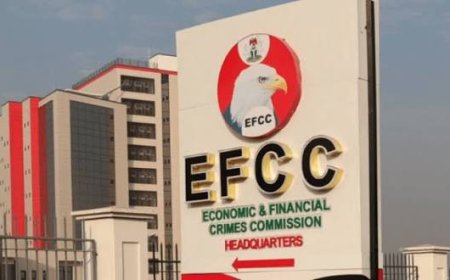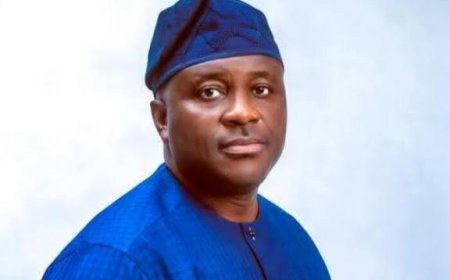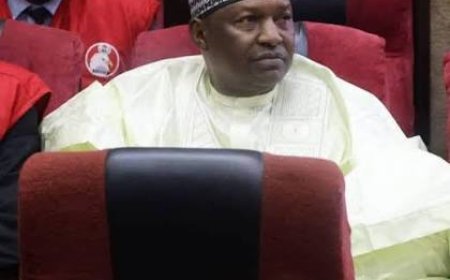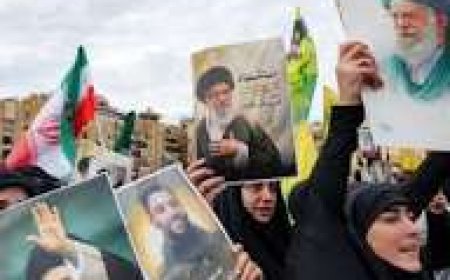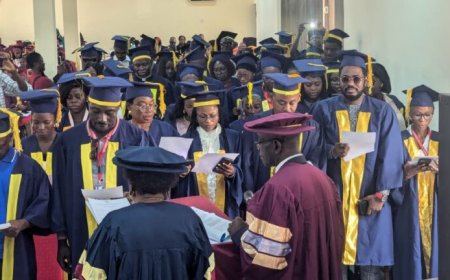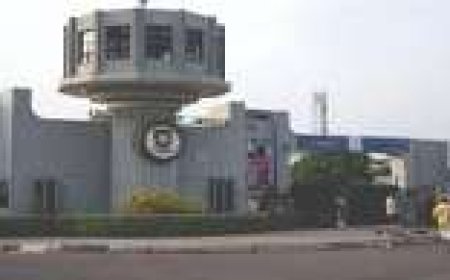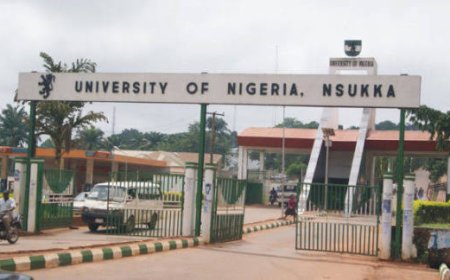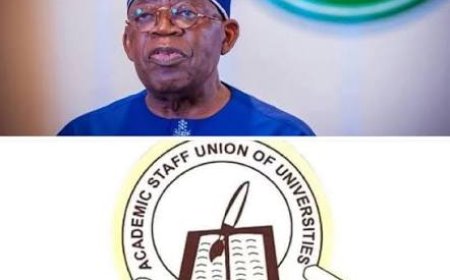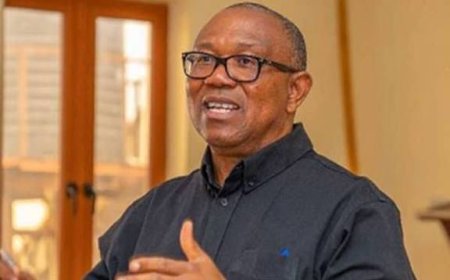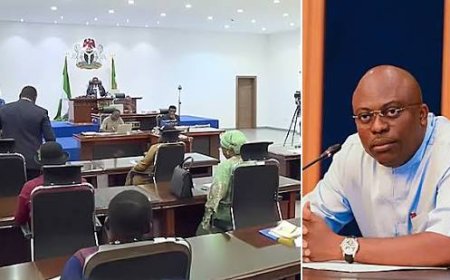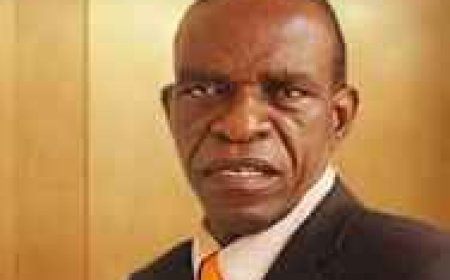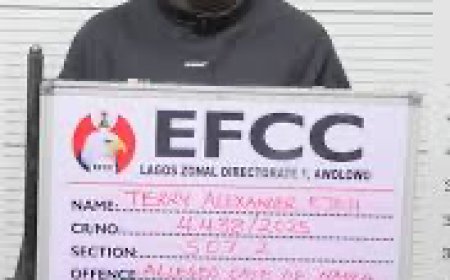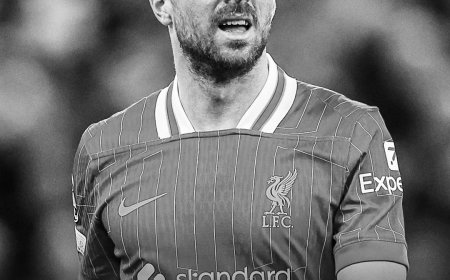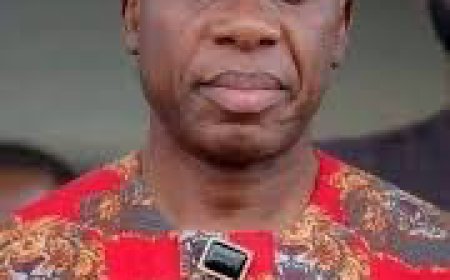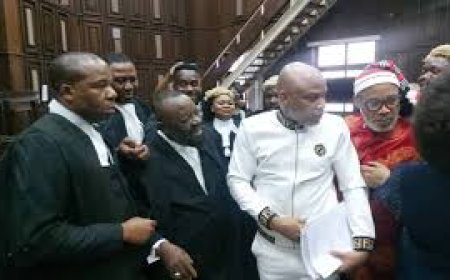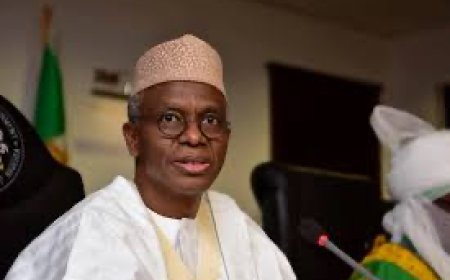Missing The Point On Peter Obi's US Lecture
It is both troubling and disappointing that rather than engaging intellectually with the points Mr Peter Obi raised during his lecture at Johns Hopkins University, some individuals have resorted to name-calling and personal attacks
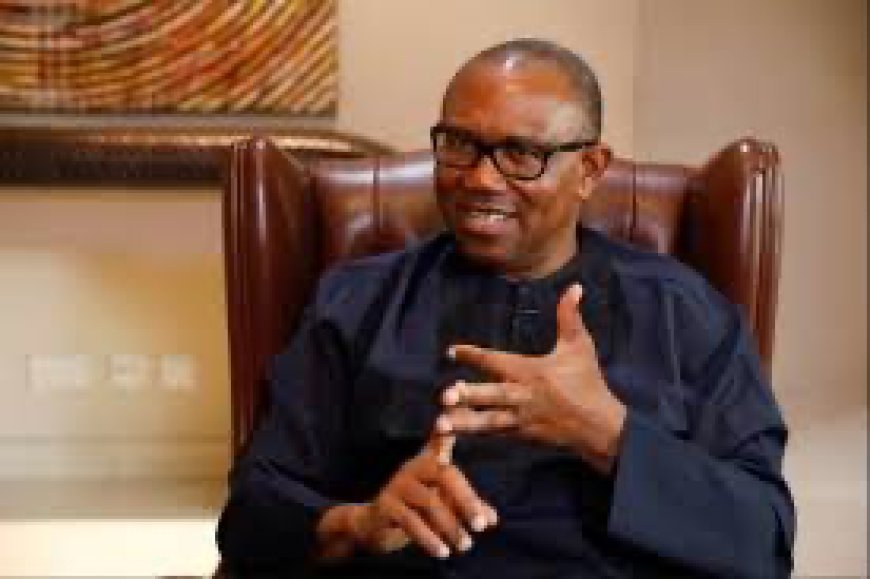
By Moses Paul
It is both troubling and disappointing that rather than engaging intellectually with the points Mr Peter Obi raised during his lecture at Johns Hopkins University, some individuals have resorted to name-calling and personal attacks. This behaviour is not only counterproductive but it also undermines the very fabric of democratic dialogue, where facts and ideas should be weighed, debated, and countered with superior facts, not with insults.
Mr. Peter Obi presented statistical comparisons between Nigeria and other nations, highlighting where we stand today in areas such as healthcare, education, economic development, and governance. His intention was not to demarket Nigeria but to present an honest, evidence-based analysis of our current realities and to propose solutions for national advancement.
If you believe Mr Peter Obi’s figures are wrong. The appropriate response is to counter his statistics with better, verifiable data, not to attack his character. The question critics must answer is: What is the alternative to what Mr Peter Obi said? If the statistics he presented are inaccurate, then show us the correct numbers. Provide your own analysis. Bring forth your argument backed with evidence. Resorting to smear campaigns only exposes the intellectual bankruptcy of your position.
To those accusing Mr Peter Obi of demarketing Nigeria: Telling the truth is not demarketing; it is empowering. How can citizens make informed decisions if they are shielded from the reality of their nation’s condition? It is better to tell the people the truth. They will not kill you for it. On the contrary, a well-informed citizenry is a prerequisite for national progress.
We must not forget that Mr. Peter Obi, during his lecture, did not engage in name-calling or cast aspersions against anyone, including President Tinubu. He simply analyzed different countries, presented evidence, and shared actionable solutions on what Nigeria could do better. He made a clear and respectful case for reform, a rare example of issue-based advocacy that our political space desperately needs.
Some argue that since Peter Obi did not build enough hospitals during his tenure, he has no moral right to criticize the healthcare system. However, it is on record that Mr Peter Obi built, from scratch to completion and in record time, the Chukwuemeka Odumegwu Ojukwu Teaching Hospital.
This line of argument is false. In a democracy, critique is not reserved for the perfect. Even if a leader made mistakes in the past, it does not disqualify them from highlighting present failures and proposing solutions. In fact, it is often those who have governed before and who understand the inner workings of the system, who are best equipped to diagnose its flaws and suggest better pathways forward.
Mr. Peter Obi's critique was not personal. It was a call for introspection and national rebirth. He didn't even mention individuals in his analysis; he focused on institutions, systems, and outcomes. That is how responsible leadership and citizenship should function.
Ultimately, this moment demands honesty, courage, and maturity. Nigeria can not afford the luxury of false pride and defensive ignorance. We are not doing the right thing as a nation, and until we face this fact squarely, we can not hope to change our trajectory. A new Nigeria is POssible!!!
Dr Moses Paul writes from Abuja.
What's Your Reaction?







